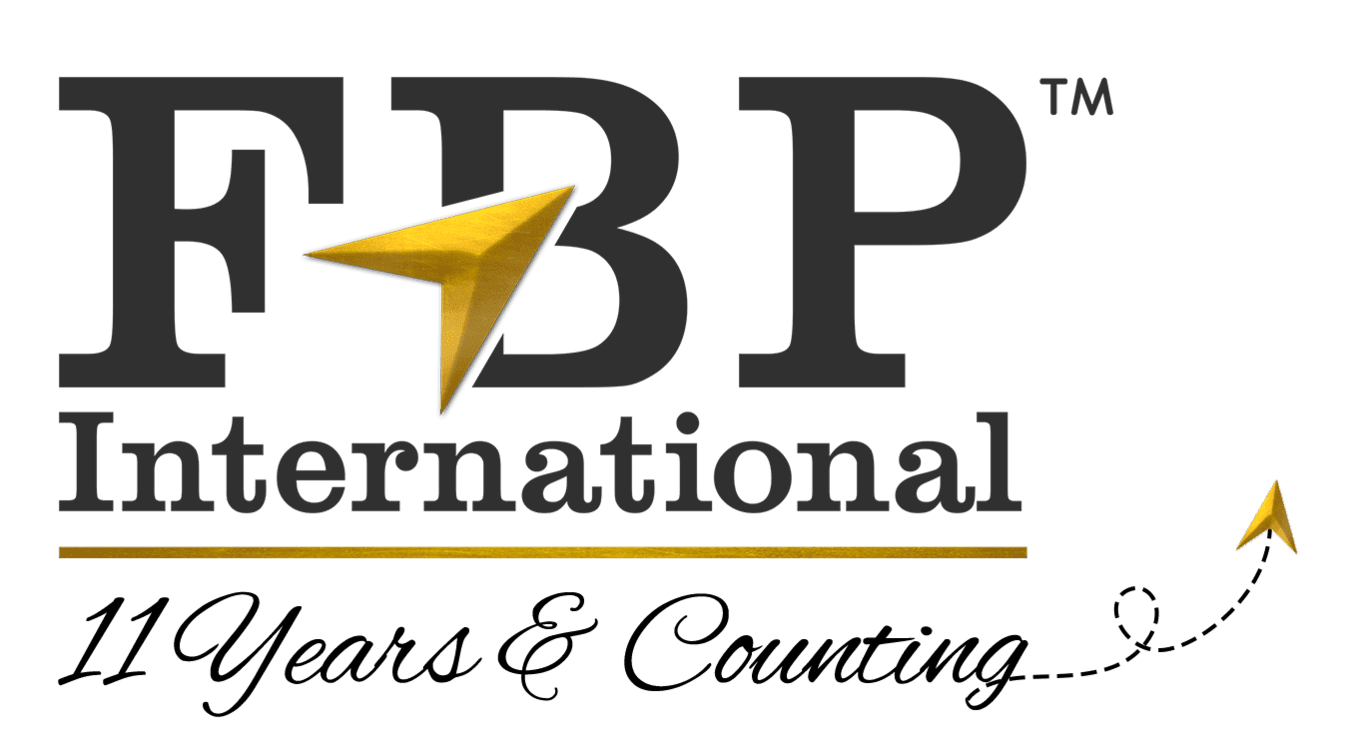Greetings from Australia as we begin a new fiscal year! The new fiscal year will bring about some significant changes as well as some significant price increases that will hurt your wallet. Here is a detailed review of everything that is changing in the financial world, from superannuation to pensions.
Important Changes to Australia Migration Policy –
Effective July 1st, there will be several significant updates to Australia’s migration policy. The Temporary Skilled Migration Income Threshold (TSMIT) will increase to AUD 70,000 from that date. Moreover, individuals with a “short-term” stream TSS (subclass 482) visa will now have a pathway to permanent residency. Although some holders of subclass 485 Temporary Graduate visas will be allowed to extend their stay in Australia, Kiwis who have resided in Australia for four years or longer can now immediately apply for Australian Permanent Residence.
Superannuation Updates
Starting on July 1, 2023, all eligible employees receiving super will receive an extra 1% of their salaries, which will be mandatory for all companies.
Also, the interim drawdown cut will no longer be in effect in the new fiscal year, meaning that the minimum amount of your super income stream that you can withdraw yearly will be reduced.
Changes to Early Childhood Education –
In the upcoming fiscal year, the National Quality Framework will undergo a second round of revisions for the early childhood education sector. These revisions aim to provide greater flexibility to services when replacing educators for short-term absences or resignations. Additionally, the definition of “person with management or control” of the service will be expanded, and documentation requirements for OSHC providers in Tasmania, South Australia, Western Australia, and Victoria will be amended. Certain adjustments will also be permitted when calculating family day care co-ordinator to educator ratios for Family Day Care (FDC) services. As part of these changes, all FDC educators will be required to hold at least an approved certificate III level qualification before commencing their role. Furthermore, prescribed fees will see an increase, with a new category introduced to differentiate fees applied to “large” and “very large” services. These are just a few of the many changes that will be implemented to enhance the quality of early childhood education.
Changes in various Australian Visa costs:
Starting of 1 July 2023, the visa application price for a Partner visa (subclass 820/801 or subclass 309/100) will increase to AUD 8,570.10 from the current AUD 8,085. Notably, the Business Innovation and Investment visas will experience a 40% hike, which is the biggest. In order to lock in the present fees before the changes take effect, it is strongly advised that qualified visa applicants apply for their preferred visa as soon as possible.
Additional Funding for Families
Beginning on July 1, the Dad and Partner Pay and Parental Leave Pay will be combined into a single payment. It will extend for 100 days (20 weeks) as opposed to the previous 90 days (18 weeks), and a AUD 350,000 combined family income cap will be implemented.
Child Care Subsidy (CCS) will increase for families earning under AUD 530,000 starting on July 10. Additionally, adjustments to CCS for Aboriginal and Torres Strait Islander children will allow families to receive at least 36 hours of subsidy each week for each child attending child care.
Disaster Ready Fund (DRF)
The Australian Government will establish the Disaster Ready Fund (DRF) from July 1. The DRF will provide up to AUD 1 billion over the next five years to improve Australia’s recovery and response capability.
Rent Reductions
In Queensland, new legislation will take effect on July 1 that will restrict the frequency of rent increases to once every 12 months. In an effort to relieve Queenslanders’ burden from the cost of living, the yearly cap on rent increases will take effect on that day and apply to all new and existing leases.
As the new financial year commences, it’s critical to be informed about changes affecting your pension and superannuation. You have the chance to improve your retirement savings thanks to the higher Superannuation Guarantee rate, the elimination of the AUD 450 monthly income ceiling, and the work test exemption for voluntary contributions. Australians who are eligible for the Age Pension will have a safe and happy retirement thanks to improvements to the eligibility age and the Pension Loan Scheme.

